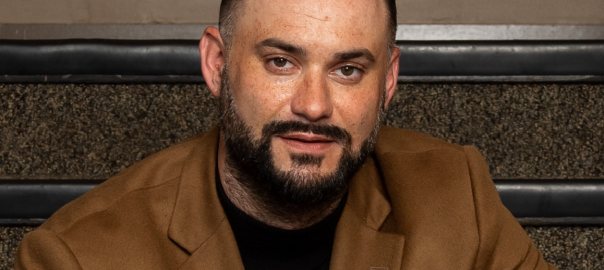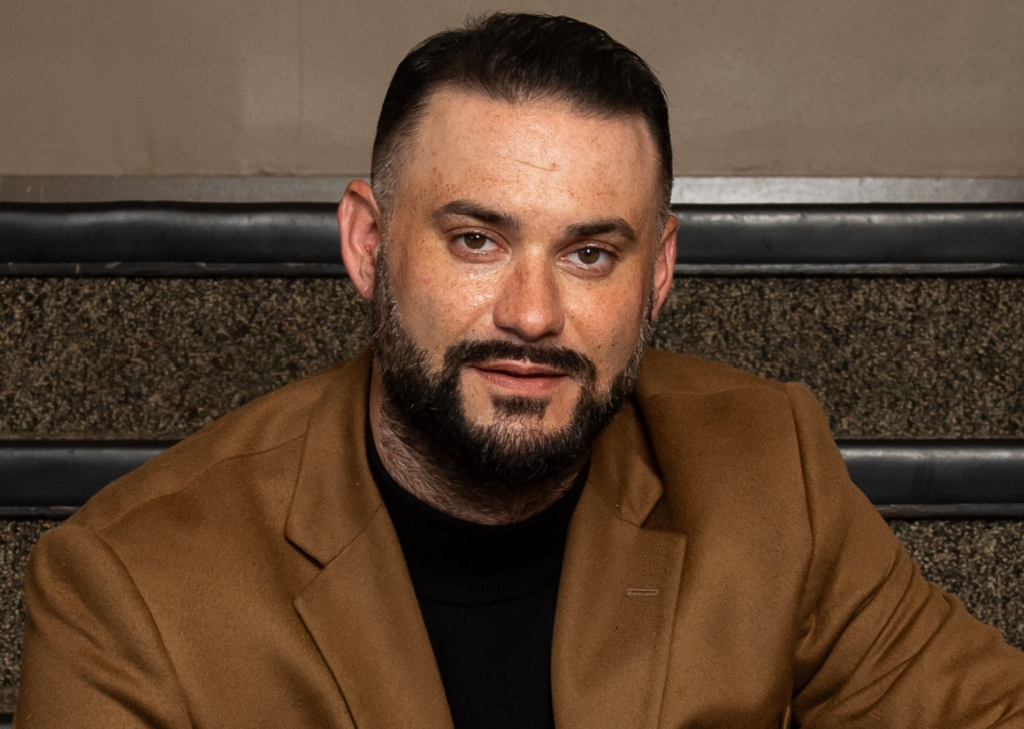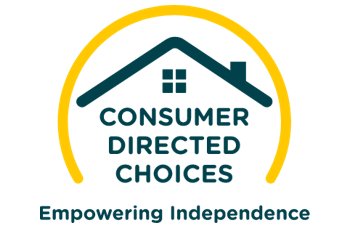
NYS Budget Would Devastate Program Supporting People with Disabilities and Seniors
During this year’s State budget negotiations, an essential program supporting people with disabilities is quietly under assault. The Consumer Directed Personal Assistance Program (CDPAP), which was established to promote choice, autonomy, independence, and empowerment for individuals with chronic illnesses or disabilities to shape their own healthcare journey, has become a target.
This program works. I know this, not only because as the CEO of Consumer Directed Choices I have witnessed firsthand its positive impact on thousands of New Yorkers, but also because I personally experienced the critical need for at-home care when I was a young adult.
We must invest in, not divest from, CDPAP. But that is not what the Governor and certain State legislators are doing.
They blame fiscal intermediaries for the growth of the program, which operates with an estimated 250,000 consumers statewide. However, CDPAP has grown in part because it gives individuals a choice and presents an accessible form of care Statewide. New York now hosts the nation’s second-largest CDPA program – a diverse population requiring a nuanced approach no one entity can manage. And yet, instead of relying on CDPAP’s current network of local fiscal intermediaries who understand the communities they serve, the Governor wants to transition to a restricted model with one out-of-state, for-profit provider for the entirety of NYS. Beyond the severe service disruptions this transition poses, many people who are eligible for care may ultimately choose to forgo it entirely in the face of systemic challenges. Such a move also threatens legal protections for people with disabilities and seniors, leaving them with fewer options for addressing grievances and less guardrails against exploitative practices.
One of the most concerning outcomes of this proposed consolidation is the projected job loss, which could affect more than 20,000 New Yorkers if the State makes this shift. This would disproportionately impact rural regions where fiscal intermediaries are often major employers.
Likening NY’s CDPAP program to California’s, as the Governor has done, is like comparing apples to avocados. These states operate through fundamentally different program philosophies and frameworks that render comparison irresponsible. The strength of NY’s CDPAP lies in its ability to tailor care to the individual. We should be upholding the principles of freedom of choice, dignity, and independence for our most vulnerable citizens – not stripping them away in pursuit of untested savings that are unlikely to be realized within the current fiscal year. This proposal could ultimately lead to higher costs through more expensive alternatives and increased hospitalizations – not to mention the potential $2.5B cost of health insurance for a large group employer. In short, this will do nothing but diminish the quality of service and community-level sensitivity program users currently receive while stifling competition, suppressing innovation, and presenting untested administrative challenges and data security risks.
What is the government’s function if not to protect the most vulnerable members of our society? We strongly urge our legislators to reject any “handshake deal” the state legislature puts forth that fails to consider the needs of all New Yorkers, especially those who rely on CDPAP.
I cannot tell you how many times I have spoken to a parent of a child with a developmental disability, the spouse of a loved one with memory loss, or an amputee who has expressed how grateful they are to finally be seen and heard by having a say in how their care is delivered. This is what is at stake. This is what lawmakers need to understand. And this is why they must act before it is too late.
Chris Graber is CEO of Consumer Directed Choices.
*sponsored content*


